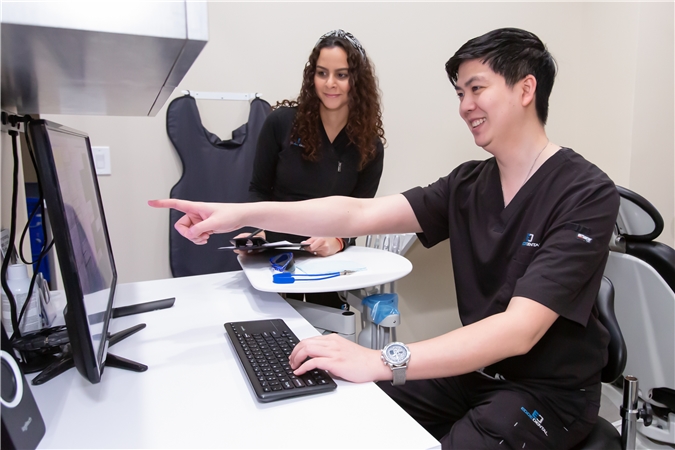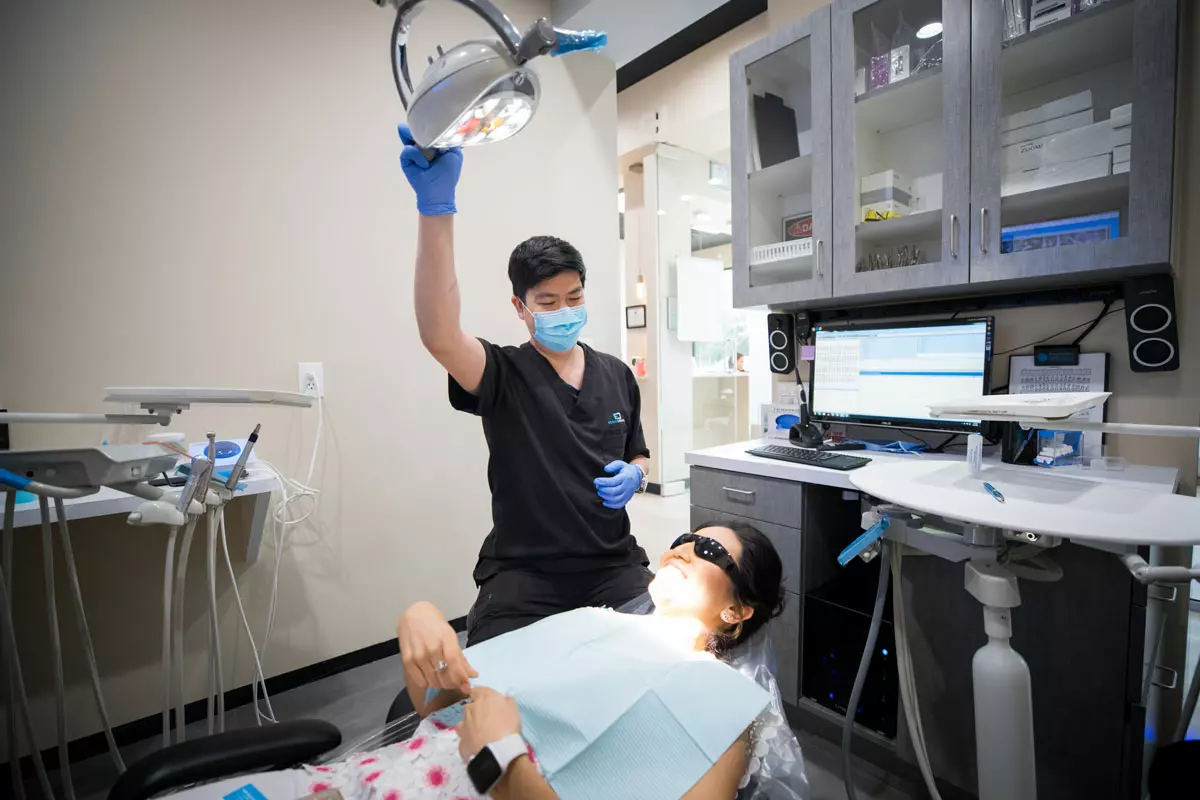All You Need To Know About Sleep Apnea And Treatment For Bruxism In Houston
How would you feel if you would not be able to sleep peacefully due to certain conditions? Well, these conditions are sleep apnea and bruxism. These conditions affect your sleep schedule and overall quality of life. This article will figure out what Sleep Apnea is in-depth and will dive deep into the treatments for bruxism.
Understanding Sleep Apnea
- What Is Sleep Apnea?
The condition of sleep apnea is considered when the person's breathing stops for a certain amount of time at the time when they are sleeping.
- Types Of Sleep Apnea
- Obstructive Sleep Apnea
When there is a restriction of air passage due to too much relaxation of the muscles in your throat, the condition is known to be obstructive sleep apnea.

- Central Sleep Apnea
The reason behind central sleep apnea is that your brain doesn't transmit the right signals to your muscles that are responsible for regulating breathing.
- Complex Sleep Apnea Syndrome
The above-mentioned types combine to form Complex Sleep Apnea Syndrome, which is referred to as treatment-emergent central sleep apnea.
- Why It Happens
When the muscles in the back of the throat relax too much, the passageway narrows or fully closes, causing sleep apnea.
- Signs Of Sleep Apnea
Individuals with sleep apnea usually experience the following symptoms:
- Loud snoring
- Waking up feeling exhausted even after a whole night's sleep
- Waking up suddenly to gasp for air
Understanding Bruxism
- What Is Bruxism?
When someone clenches or grinds their teeth, particularly during the night when they are sleeping, it is called bruxism.
- Causes
People who experience anxiety and tension may unknowingly grind their teeth. Additionally, it may result from a strange bite or absence of a tooth or crooked teeth.
- Effects
The effects of bruxism can lead to the following conditions:
- Headaches
- Jaw pain
- Worn-down teeth
- You might disturb your partner's sleep due to the noise
- Signs Of Bruxism
You may be clenching your teeth if you awaken with a painful jaw or sensitive teeth. Bruxism can be detected by a dental professional at the time of a routine check-up.
Treatment For Severe Bruxism
- Mouthguards Or Splints
For the purpose of preventing the habit of teeth grinding and preserving the health of the teeth, dentists frequently suggest using a splint or mouthguard for sleeping.
- Stress Management
Learning appropriate methods to handle tension will help prevent teeth grinding because tension is a prevalent reason behind bruxism.

- Behavioral Therapy
People can acquire the methods to regulate or stop the behavior of grinding through cognitive behavioral therapy (CBT), which can assist them in being conscious of their behavioral patterns.
- Medications
Medicines can be recommended in certain instances to ease jaw tension and stop the grinding of the teeth. But this is typically only taken into account in extreme circumstances and with expert advice.
Conclusion
This article has guided you on how the conditions like sleep apnea or bruxism can be handled with ease if you follow the proper guidance of a dental professional. If you, or someone you know, are having these conditions, it is advisable that you should consult a dentist office near me in Houston to get rid of these situations.
Comments
Post a Comment